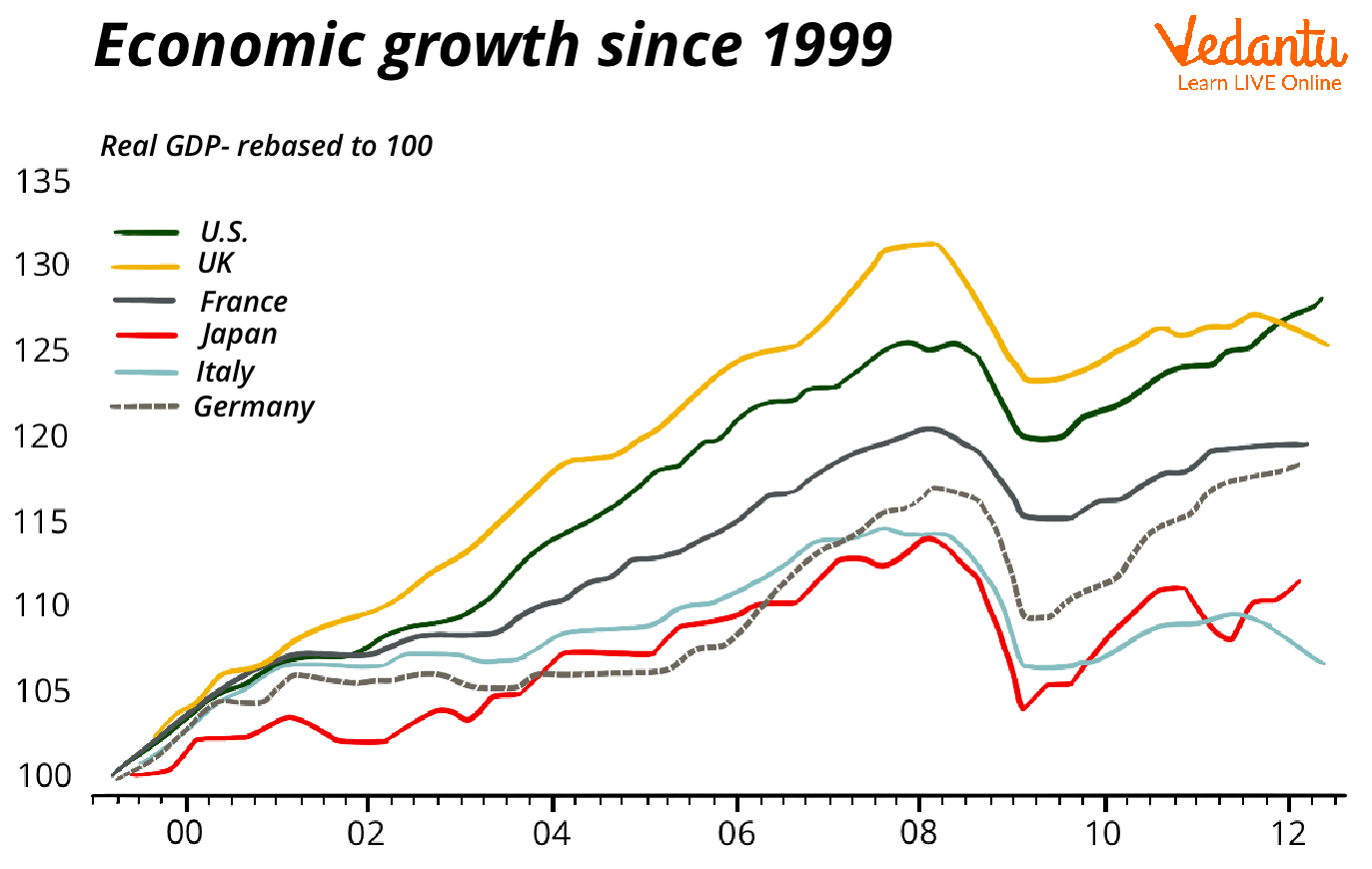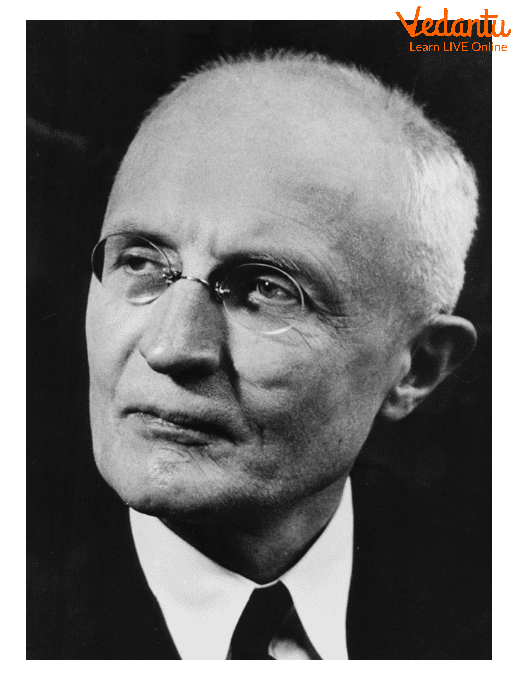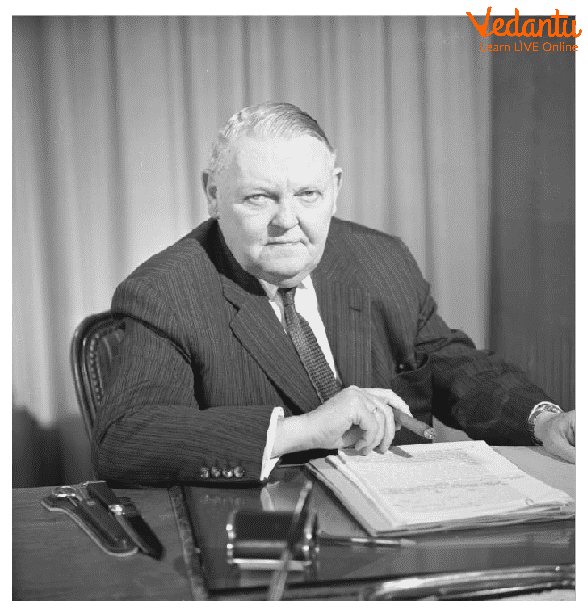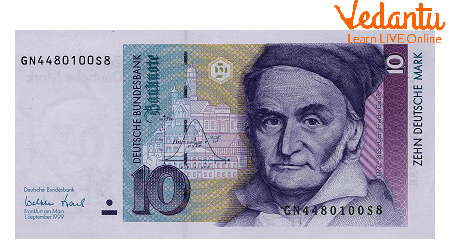




What is the German Economic Miracle?
Germany's rise to worldwide economic supremacy, known as the "German economic miracle" or Wirtschaftswunder, began after the close of WWII when most of the country lay in ruins. Large elements of its infrastructure had been targeted or bombed by Allied Forces. Dresden had been entirely devastated. Cologne's population has fallen from 750,000 to 32,000 people. In summary, Germany was a wrecked country with an extremely dismal future. However, by 1989, when the Berlin Wall collapsed, and Germany was reunified, it was the envy of the majority of the world. Germany was the world's third-largest economy, after only Japan and the United States in terms of GDP (GDP).

Germany's Economic Miracle GDP
Economic Depression in Germany
The statistics reveal a nation in turmoil. Industrial production fell by one-third. The housing supply in the country has been cut by 20%. Food output was half of what it had been before the war began. Many of the country's males between the ages of 18 and 35—the cohort that might practically rebuild the country—had been slain or disabled. During the war, Hitler implemented food rationing, limiting civilians to no more than 2,000 calories each day. Germany's currency, the Reichsmark, had become utterly worthless, forcing its people to rely on bartering for goods and services.
The country was held by four nations, and it will soon be divided in half. The eastern half became a socialist state, part of the Iron Curtain largely influenced by Soviet policies. The western half became a democracy. And caught in the centre was the old capital of Berlin, which was divided in two and subsequently separated by what became known as the Berlin Wall.
Walter Eucken, a German Economist
Walter Eucken was perhaps the most crucial figure in Germany's remarkable revival. Eucken, the son of a Nobel laureate in literature, studied economics at the University of Bonn. Eucken returned to his old school after serving in World War I. He later went on to become globally recognised for his work at the University of Freiburg.

German Economist Walter Eucken
Community-Based Free Market
Eucken attracted supporters at the school, which became one of the few venues in Germany where persons opposed to Hitler could express themselves. But, more crucially, it is where he began to formulate his economic views, which became known as the Freiburg School, ordoliberalism, or the "social free market." Eucken's principles were firmly established in the camp of free-market capitalism while still allowing for government engagement to guarantee that this system functioned for as many people as possible. For example, strict laws would be imposed to prevent cartels or monopolies from emerging. Furthermore, a substantial social welfare system would provide a safety net for people who are struggling.
The Response to Eucken
The sort of economic structure Eucken was proposing may sound entirely regular today, but it was considered somewhat radical at the time. Eucken's thought must be considered in the context of his time. The Great Depression, which affected the whole world, impacted Germany especially severely. Hyperinflation effectively destroyed the economy and paved the way for Hitler's ascension. Many individuals believed that socialism would be the economic ideology that swept the world. Soon after the war, the western part of Germany, now under American and Allied rule, would have to decide which road to economic success to choose.
Father of Germany's Economic Miracle
In the early years of West Germany, there was intense discussion on the course of the new state's fiscal policy. Many people favoured a system that nonetheless retained government authority, including labour leaders and Social Democrats. Ludwig Erhard, who became regarded as the "father of the German economic miracle," was a protégé of Eucken, who had started to rise in the American forces who were still in de facto control of Germany.

Ludwig Erhard: The Father of Germany's Economic Miracle
The New German Coinage
Erhard began to design a multi-pronged strategy to resurrect West Germany's economy once he obtained political power. First, he was instrumental in developing a new currency issued by the Allies to replace the obsolete remnants of the past. This proposal would lower the quantity of money available to the people by a stunning 93%, reducing the little wealth that German citizens and businesses possessed. In addition, major tax cuts were implemented in an effort to stimulate spending and investment.
The currency was supposed to be introduced on June 21, 1948. Clay informed Erhard that his experts had advised him that the Germans' dramatic new programme would be a horrible mistake. Erhard famously said, "Don't listen to them, General. My advisors all say the same thing." But, amazingly, Erhard proved everyone incorrect.

The New German Currency
The Economic Miracle Blossoms
West Germany sprang to life almost instantly. People quickly loaded stores with items as they understood the new money was worth. Bartering vanished shortly, as did the illegal market. In May 1948, Germans missed around 9.5 hours of work every week because they were anxiously hunting for food and other essentials. However, in October, only weeks after the new currency was implemented and price restrictions were abolished, that figure had dropped to 4.2 hours per week. In June, the country's industrial output was around half of what it had been in 1936. By the end of the year, it was close to 80%.
The Marshall Strategy
The European Recovery Program, sometimes known as the Marshall Plan, contributed to Germany's revival. This legislation, drafted by U.S. Secretary of State George Marshall, saw the United States give more than $15 billion (about $173 billion in 2020 prices) to European nations impacted by World War II, with a substantial portion of this money going to Germany. However, economic historians disagree about the Marshall Plan's success. Some believe that Marshall Plan aid contributed less than 5% of Germany's national income during this time period. West Germany's growth sustained throughout time. By 1958, its industrial output was four times that of a decade earlier.
Case Study: The Effect of the German Economic Miracle on the Global Level
Many economic impacts followed reunification. First, East German firms needed reform. Private property rights were essential to capitalism in West Germany, but East Germany broke them down. This would leave individuals and the government wondering who owns what. Restitution and property compensation were two possible remedies. 1992's Property Law promoted compensation above retribution. This was done to attract German investments by making it simpler to recompense previous property owners. The money supply shrank by 93%. On the same Sunday, the German Bizonal Economic Council enacted a price decontrol ordinance at Ludwig Erhard's urging and despite the objections of its Social Democratic members.
Conclusion
Germany was in the grip of the Cold War at the time. West Germany was a close friend of America, and it was largely a capitalist country, but the government played an important role in keeping the free market in check. East Germany was communist and strongly allied with the Soviet Union. Over 30 years after reunification, the East still has around 75% of the GDP of its contemporaries. None of this was even imaginable in 1948. And, without W Eucken and L Erhard, the German economic miracle may not have occurred.
FAQs on The German Economic Miracle: Post-War Growth
1. What exactly was the German Economic Miracle that happened after World War II?
The German Economic Miracle refers to the rapid and surprising reconstruction and development of West Germany's economy after the devastation of World War II. Starting in the late 1940s and continuing through the 1960s, the country transformed from ruins into a global economic powerhouse. This period is also known by its German name, Wirtschaftswunder, which translates to 'economic wonder'.
2. What were the main causes of Germany's post-war economic growth?
Several key factors worked together to fuel the German Economic Miracle. The most important ones include:
- Currency Reform: The introduction of the stable Deutsche Mark in 1948 stopped inflation and restored confidence.
- The Marshall Plan: Financial aid from the United States provided the initial capital to rebuild factories and infrastructure.
- Social Market Economy: A new economic policy that combined free-market principles with social welfare, encouraging both hard work and stability.
- Skilled Workforce: Germany had a large supply of skilled and motivated workers, including refugees from the East.
- High Demand: There was a huge global and domestic demand for German industrial goods like cars and machinery.
3. Who was the main person credited with designing the economic miracle?
The primary architect of the German Economic Miracle was Ludwig Erhard, who served as the Minister of Economics for West Germany. He championed the concept of the 'social market economy' (Soziale Marktwirtschaft), which was central to the recovery strategy. His policies focused on removing price controls and promoting free and fair competition.
4. How did the 'social market economy' actually help Germany recover?
The social market economy was a brilliant middle ground. It allowed businesses and individuals to operate freely like in a capitalist system, which encouraged innovation and efficiency. At the same time, the government provided a strong social safety net (like unemployment benefits and healthcare) to ensure stability and prevent extreme poverty. This balance made people feel secure enough to work hard and spend money, creating a virtuous cycle of growth.
5. How important was the Marshall Plan from the USA for this recovery?
The Marshall Plan was very important, but more as a kick-starter than the main engine. It provided about $1.5 billion in aid to West Germany, which was crucial for rebuilding essential infrastructure like roads and power plants in the early stages. However, the success of the miracle was more dependent on Germany's own policies, industrial base, and the hard work of its people.
6. Was the German recovery a genuine 'miracle' or just a predictable reconstruction boom?
This is a great question that historians debate. While some level of recovery was expected as the country rebuilt (a 'reconstruction boom'), the speed and scale of Germany's growth were truly extraordinary. The economy didn't just recover; it became stronger and more modern than before the war. The sustained low inflation and low unemployment were exceptional, which is why many argue that the term 'miracle' is justified.
7. Did East Germany, which was controlled by the Soviet Union, also experience an economic miracle?
No, East Germany did not experience a similar miracle. It operated under a communist, state-controlled command economy. This system was far less efficient, stifled innovation, and focused on heavy industry at the expense of consumer goods. As a result, its economy lagged far behind West Germany's, highlighting the profound impact of the different economic policies adopted by the two sides.
8. What was the impact of the Korean War on the German economy?
The Korean War (1950–1953) actually provided a significant boost to the German Economic Miracle. The global demand for industrial goods, especially to support the war effort, skyrocketed. Since Germany was not allowed to produce military armaments, its factories focused on producing other high-demand items like vehicles and industrial equipment. This surge in international orders created jobs and brought massive profits into the country, accelerating its economic growth.























